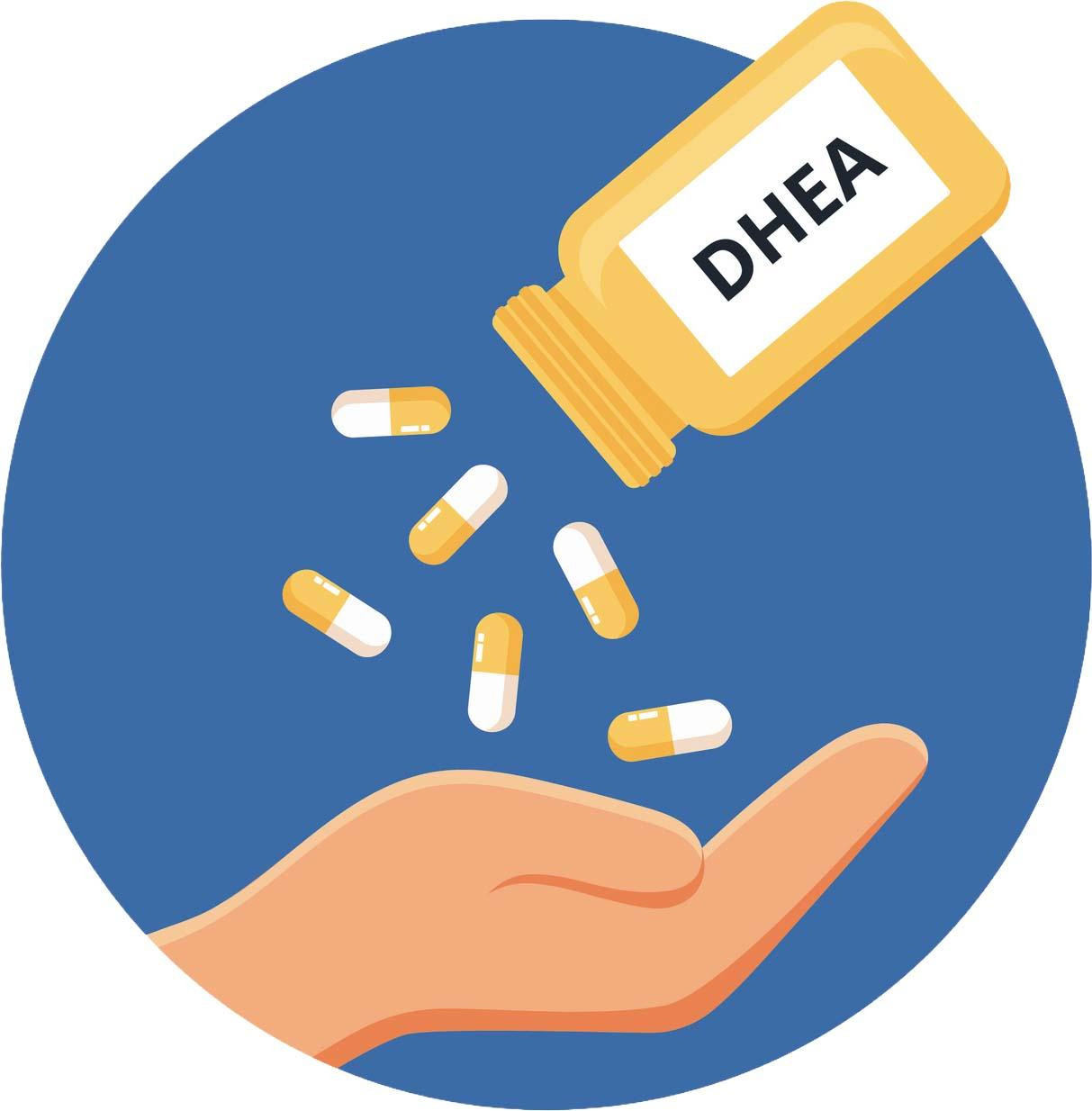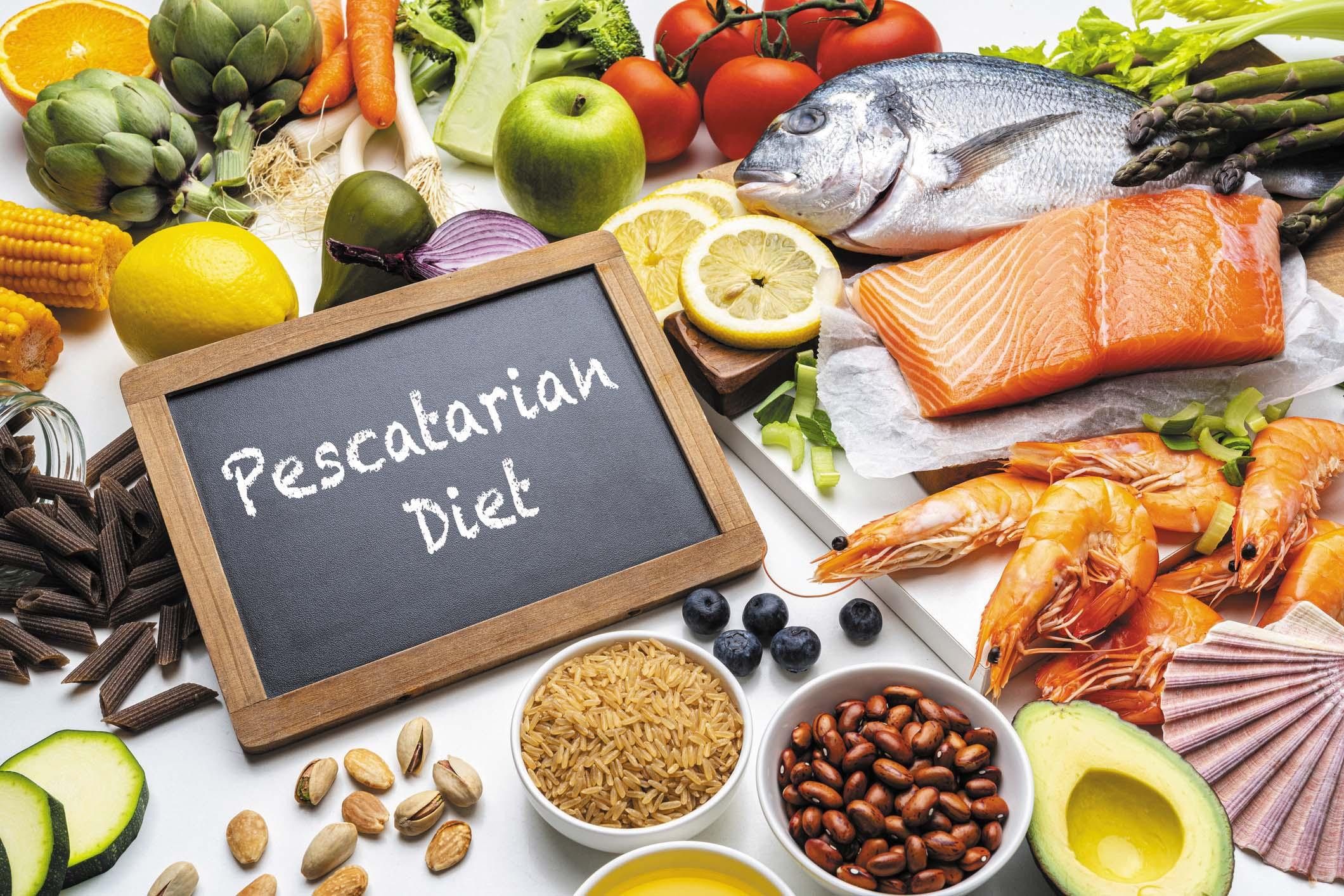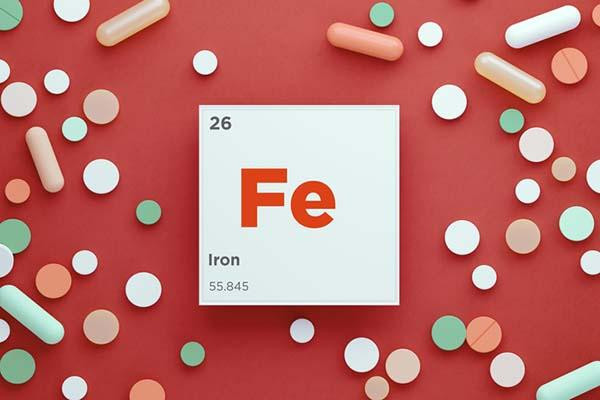
What are somatic workouts?

How to curb your stress eating

How to spot Parkinson’s disease symptoms

8 simple ways to reduce ultra-processed foods in your diet

Heart failure symptoms in women: How they’re different

GERD diet: Foods to avoid to reduce acid reflux

Strong is the new skinny

Everyday habits that sneakily weaken your bones

Don’t wait to get help for back pain

Correcting how you walk may ease osteoarthritis knee pain
Vitamins & Supplements Archive
Articles
Can saw palmetto treat an enlarged prostate?
Saw palmetto is a popular “natural” choice for urinary symptoms from an enlarged prostate, but high-quality studies show little or no real benefit. Men are urged to talk with a doctor first, both to rule out serious causes and avoid misplaced hope.
The health benefits of elderberry
Elderberry syrup or tea may help reduce the duration and severity of cold and flu symptoms, but the evidence for these benefits is uncertain. Claims that elderberry products can prevent viral infections or boost immunity are unproven.
Why do I bruise so easily?
As we get older, noticeable bruises are usually related to thinning skin and increasing fragility of the tiny blood vessels in the outer layer of skin. There is not much people can do about this, but they should see their doctors if bruising is excessive or becomes painful.
Should you take a magnesium supplement to lower your blood pressure?
Taking magnesium supplements has become popular in recent years, and some evidence suggests this practice may help lower blood pressure, especially for those with high blood pressure or low magnesium levels. But a healthy diet is a better way for people to ensure they’re getting enough of this essential nutrient.
Maximize your muscle defense: Protein is key to protection
Muscle loss is common after middle age. To counter muscle loss, it’s essential to strength train regularly and consume lots of protein. Whole foods are the best sources of protein, but protein supplements might also be used.
These hormone supplements are popular — but are they safe?
Synthetic dehydroepiandrosterone (DHEA) is available in various forms, including tablets, capsules, powders, creams, and gels. The supplement is marketed for “fountain of youth” effects, but evidence about its actual effects is mixed.
Go fish for a healthy heart
A pescatarian diet pairs plant-based eating with fish and shellfish, offering key nutrients and heart- and brain-protective omega-3s. Choosing smaller, sustainably caught seafood helps limit environmental impact and mercury exposure.
Antibiotic-free fixes for recurrent UTIs
About 60% of women will develop a urinary tract infection (UTI) sometime during their lives, and more than a quarter of this group will cope with recurrent UTIs. Long-term antibiotic use for UTIs can lead to antibiotic resistance and make side effects more likely.
Can supplements boost my athletic performance?
There is little evidence that dietary supplements marketed as performance enhancers do more than following a well-balanced diet. Two nutrients that can help people during extended exercise are carbohydrates and caffeine.
Should women over 60 take iron supplements? What you need to know
Women over 60 need less iron than they did before menopause, when they lost iron through menstruation. Many conditions can lead to iron loss and iron-deficiency anemia, when the body can’t make enough red blood cells to properly carry oxygen throughout the body. Signs of iron deficiency include pale skin, fatigue, shortness of breath, weight loss, and chest pain. Tests can reveal iron deficiency and underlying reasons for iron loss. People should not take iron supplements without checking with their doctor. Too much iron can damage organs.

What are somatic workouts?

How to curb your stress eating

How to spot Parkinson’s disease symptoms

8 simple ways to reduce ultra-processed foods in your diet

Heart failure symptoms in women: How they’re different

GERD diet: Foods to avoid to reduce acid reflux

Strong is the new skinny

Everyday habits that sneakily weaken your bones

Don’t wait to get help for back pain

Correcting how you walk may ease osteoarthritis knee pain
Free Healthbeat Signup
Get the latest in health news delivered to your inbox!
Sign Up











